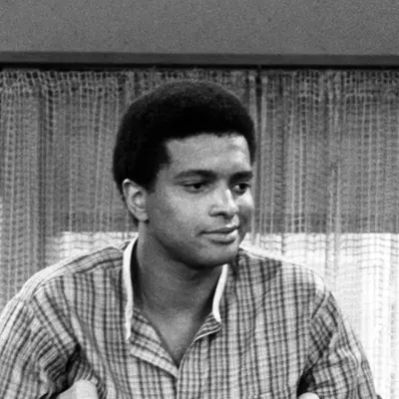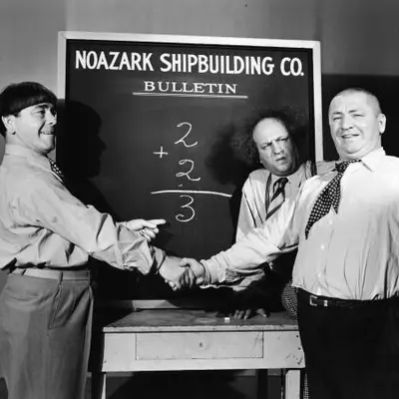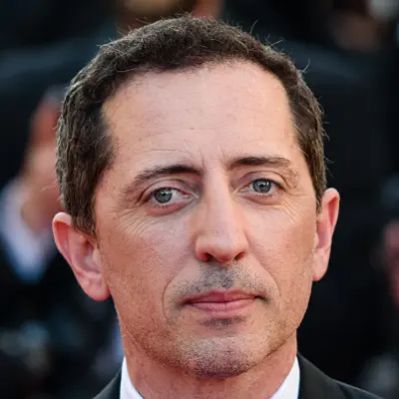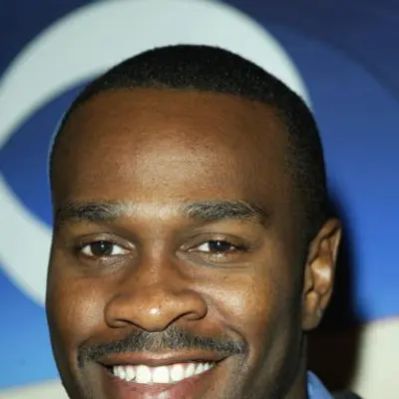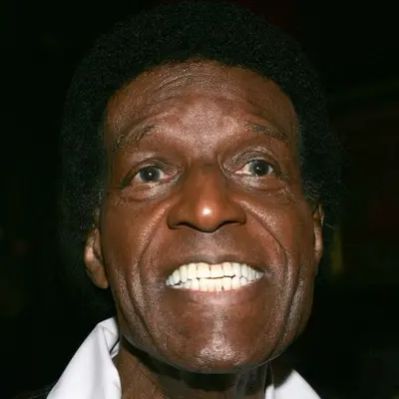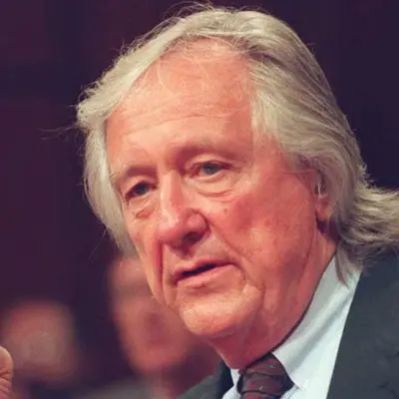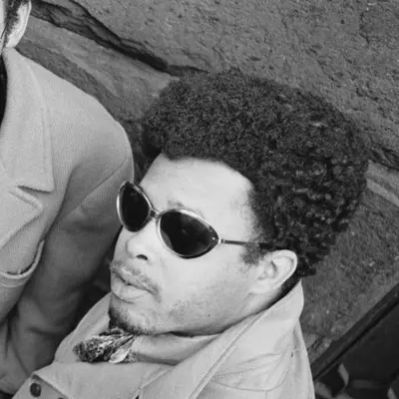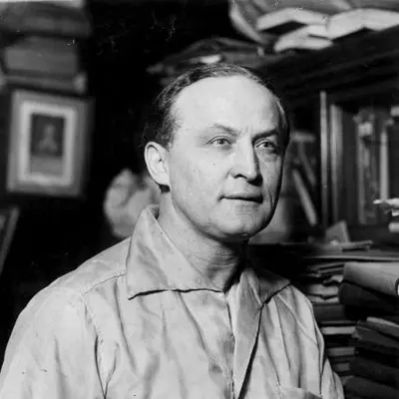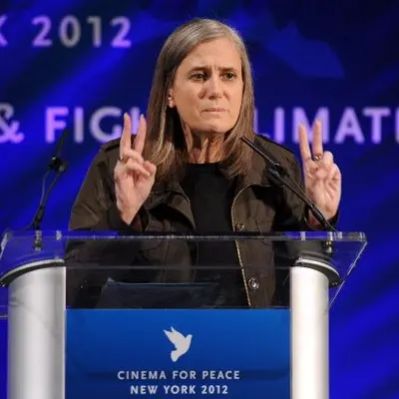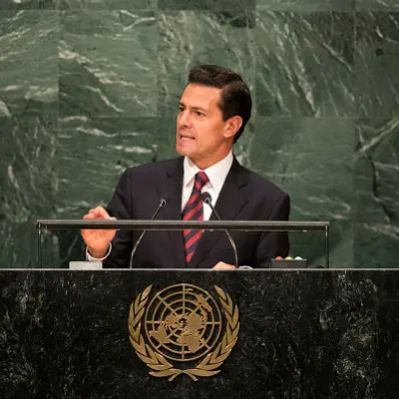What Is Michael Giacchino Net Worth?
Estimating Michael Giacchino’s exact net worth is challenging because information about the assets held by the celebrated composer is not publicly accessible. Net worth calculations involve assessing all assets, including earnings from film scores, television compositions, video game soundtracks, real estate, investments, and other ventures, offset by any liabilities. While precise figures are difficult to ascertain, we can infer details from Giacchino’s successful career trajectory and known projects.
Early Career and Initial Earnings
Michael Giacchino’s early forays into the entertainment industry laid the groundwork for his subsequent financial success. Graduating from the School of Visual Arts in 1990 with a BFA in Film Production, Giacchino’s initial career moves were instrumental in gaining industry exposure and experience. His early internship at Universal Pictures and later position at Disney, handling publicity, connected him with important film personnel. Transitioning to Disney Interactive Studios, he began composing video game scores, including works for Sega Genesis’ “Gargoyles” and SNES’ “Maui Mallard in Cold Shadow.” These early compositions, while not generating massive revenues, provided crucial experience and a steady income. His breakthrough came with the DreamWorks video game adaptation of “The Lost World: Jurassic Park” in 1997, a project that utilized a live orchestral score, elevating his profile within the industry. His subsequent score for the 1998 video game adaptation of “Small Soldiers” further solidified his reputation as a versatile composer. While specific earnings from these early video game projects are not publicly documented, these roles were pivotal in establishing his career, contributing to his growing financial stability. These foundational roles allowed Giacchino to gain practical experience and make key connections, setting the stage for his later high-profile film and television work.
Film Scoring Success and Notable Projects
Michael Giacchino’s ascent in film scoring is marked by a series of high-profile projects that have significantly contributed to his income. His breakthrough in 2004 with Pixar’s “The Incredibles” was a turning point. While the exact amount he earned for this project is not public, film composers typically receive a fee that can range from tens of thousands to millions of dollars, depending on the budget of the film, the composer’s experience, and the scope of their involvement. The success of “The Incredibles” led to further collaborations with Pixar, including “Ratatouille” (2007), which earned him his first Academy Award nomination for Best Original Score, and “Up” (2009), for which he won the Academy Award for Best Original Score. Winning an Academy Award not only boosts a composer’s reputation but also typically increases their earning potential for future projects. Following “Up,” Giacchino continued to score Pixar films such as “Cars 2,” “Inside Out,” “Coco,” “Incredibles 2,” and “Lightyear,” each contributing substantially to his income. Beyond Pixar, Giacchino has maintained partnerships with filmmakers such as J.J. Abrams, scoring the “Mission: Impossible” and “Star Trek” franchises, as well as “Super 8.” For Matt Reeves, he composed scores for “Cloverfield,” “Let Me In,” “Dawn of the Planet of the Apes,” “War for the Planet of the Apes,” and “The Batman.” He has also worked with Colin Trevorrow on the “Jurassic World” films and “The Book of Henry,” and with Taika Waititi on “Jojo Rabbit” and “Thor: Love and Thunder.” Other notable film credits include “Sky High,” “Speed Racer,” “John Carter,” “Jupiter Ascending,” “Zootopia,” “Doctor Strange,” “Rogue One: A Star Wars Story,” and “Spider-Man: No Way Home.”
Each of these projects involved significant financial compensation. For major blockbuster films, a composer can earn upwards of $1 million or more, plus royalties and residuals. Royalties and residuals are payments made to the composer each time the film is broadcast on television, streamed online, or sold on DVD or Blu-ray. These ongoing payments can amount to a substantial income stream over time. For example, a composer might receive a percentage of the film’s soundtrack sales, which, for a successful film, can be significant. It’s important to note that specific financial details are rarely disclosed publicly, but given Giacchino’s extensive and successful filmography, it is reasonable to assume that film scoring represents a significant portion of his net worth. The consistent demand for his services from major studios and directors underscores his financial success in this field. Royalties for songs and compositions can vary widely, often depending on the agreement between the composer, the publisher, and the performing rights organization (PRO) such as ASCAP or BMI. Royalties can be earned from various sources, including public performances (e.g., radio, TV), mechanical royalties (reproductions of the work), and synchronization royalties (use in films, TV shows). For instance, a successful film theme written by Giacchino could generate tens of thousands of dollars annually, depending on its usage and popularity. Considering the multitude of successful film scores Giacchino has composed, his royalty income could be substantial. The financial intricacies of each film contract and the ensuing royalty structures are key components of his overall earnings and net worth. While exact figures are not publicly available, the volume and success of his film scoring work indicate a significant financial accumulation over the years.
Television Scoring and Emmy Award Recognition
Michael Giacchino’s foray into television scoring began in 2001 when J.J. Abrams enlisted him to score the series “Alias.” This marked the start of a fruitful collaboration that continued with Abrams’ next show, “Lost,” which premiered in 2004. Giacchino’s work on the “Lost” pilot episode earned him the Emmy Award for Outstanding Music Composition for a Primetime Series (Dramatic Underscore). Winning an Emmy Award significantly enhances a composer’s reputation and earning potential in the television industry. While specific earnings for his television work are not publicly available, television composers typically receive a fee per episode, which can range from several thousand dollars to tens of thousands of dollars, depending on the show’s budget and the composer’s experience. For a show like “Lost,” which was a major network television series, Giacchino’s fee per episode would likely have been substantial. Beyond “Alias” and “Lost,” Giacchino also composed the score for the series “Six Degrees” and co-composed the score for the first season of “Fringe” with Chad Seiter and Chris Tilton in 2008. He also scored the pilot episodes of “Undercovers” and “Alcatraz.” In addition to regular series, Giacchino has composed soundtracks for television animated specials such as “Toy Story of Terror!” and the “Prep & Landing” series of Christmas specials. He also composed the score for the 2005 television film “The Muppets’ Wizard of Oz.” Television scoring provides a steady income stream, particularly for composers who work on successful, long-running series. In addition to the initial fee per episode, composers may also receive royalties for the use of their music in reruns and other broadcasts. These ongoing payments can add up to a significant amount over time. Given Giacchino’s extensive television work and his Emmy Award recognition, it is reasonable to conclude that television scoring has made a notable contribution to his net worth. Although specific figures are not publicly available, the consistent demand for his services in television underscores his financial success in this area.
Other Compositions, Theme Park Projects, and Fanfares
Beyond his film and television work, Michael Giacchino has diversified his composing portfolio with projects that include theme park attractions, logo fanfares, and video game soundtracks, further enhancing his income streams. One notable endeavor involves creating new soundtracks for Disneyland’s Space Mountain attractions in Anaheim, Paris, and Hong Kong. Theme park projects can be lucrative, with composers often receiving substantial fees for their work, as well as potential royalties if their music is used extensively within the park. While the exact financial details of Giacchino’s Space Mountain projects are not publicly available, these types of commissions are known to provide significant income. In 2009, Giacchino conducted the Academy Awards orchestra for the 81st edition of the ceremony. While this role is primarily prestigious, it also comes with a fee. More significantly, Giacchino composed the 100th Anniversary Paramount Pictures logo fanfare, as well as the new Marvel Studios logo fanfare. These logo fanfares are heard by millions of people each year, and composers are typically compensated well for creating these iconic musical signatures. Although the specific amount Giacchino received for these fanfares is not public, the prominence and longevity of these compositions suggest a substantial fee. Giacchino has also continued to work on video game soundtracks, scoring titles such as “Mercenaries: Playground of Destruction,” “Turning Point: Fall of Liberty,” “Call of Duty,” and the first four installments in the “Medal of Honor” series. Video game soundtracks can provide a steady income stream, with composers earning fees for their work, as well as potential royalties from game sales. While the exact earnings from these video game projects are not publicly documented, they contribute to his overall financial portfolio. These diverse composing projects, ranging from theme park attractions to logo fanfares and video game soundtracks, showcase Giacchino’s versatility and contribute to his multifaceted income streams. While specific financial details are often confidential, the prominence and success of these projects indicate a significant financial contribution to his overall net worth.
Earnings from Specific Films and Franchises
Examining specific films and franchises that Michael Giacchino has scored provides insight into the potential scale of his earnings. For instance, his work on the “Mission: Impossible” franchise, starting with “Mission: Impossible III” (2006), would have generated significant income. A composer scoring a major franchise film can command a fee ranging from $500,000 to $2 million or more, depending on their experience and the film’s budget. In addition to the upfront fee, composers often receive royalties from soundtrack sales and performance rights, which can generate ongoing income over the years. Similarly, Giacchino’s involvement in the “Star Trek” franchise, beginning with the 2009 film “Star Trek,” would have resulted in substantial earnings. Given the high profile and success of these films, his compensation would likely have been at the higher end of the scale for franchise films. His work within the Marvel Cinematic Universe (MCU), including scoring “Doctor Strange” (2016) and “Spider-Man: No Way Home” (2021), further underscores his earning potential. Scoring a Marvel film is a prestigious and lucrative undertaking, with composers typically receiving fees in the range of $1 million to $2 million or more, plus royalties. “Spider-Man: No Way Home,” being one of the highest-grossing films of all time, would have generated substantial royalties for Giacchino. Giacchino’s long-standing relationship with Pixar also contributes significantly to his income. Scoring animated films for Pixar, such as “Inside Out” (2015) and “Coco” (2017), involves a combination of an upfront fee and royalties from soundtrack sales, which can be substantial for successful animated films. His involvement in the “Jurassic World” franchise, starting with “Jurassic World” (2015), represents another significant source of income. Scoring a major blockbuster like “Jurassic World” would have provided a substantial upfront fee and ongoing royalties from soundtrack sales and performance rights. While the specific financial details of each film contract are not publicly available, the scale and success of these films and franchises suggest that they have made a significant contribution to Giacchino’s overall net worth. The combination of upfront fees and ongoing royalties from these high-profile projects underscores his financial success in film scoring.
Royalties and Performance Rights
A substantial portion of Michael Giacchino’s earnings likely comes from royalties and performance rights, which are ongoing payments generated each time his music is used in various formats. Royalties are typically collected and distributed by performing rights organizations (PROs) such as ASCAP (American Society of Composers, Authors and Publishers) and BMI (Broadcast Music, Inc.). These organizations track the use of music in public performances, including radio airplay, television broadcasts, streaming services, and live performances, and then distribute royalties to the composers and publishers. For a composer as prolific as Giacchino, with numerous film scores, television themes, and other compositions, these royalty payments can amount to a significant income stream. For example, each time one of Giacchino’s film scores is played on a streaming service like Spotify or Apple Music, he receives a royalty payment. While the exact amount per stream is relatively small, the cumulative effect of millions of streams can be substantial. Similarly, each time one of his television themes is broadcast on television, he receives a royalty payment. For a long-running series like “Lost,” these television royalties can add up to a significant sum over the years. In addition to public performance royalties, Giacchino also receives royalties from the sale of soundtracks and sheet music. For successful film scores like “Up” and “Coco,” these soundtrack sales can generate a substantial income stream. The specific royalty rates and payment terms vary depending on the agreements Giacchino has with his publishers and the PROs, but the overall impact of these royalties on his net worth is significant. It is important to note that royalty payments can continue for many years after the initial release of a film or television show, providing a long-term income stream for the composer. Given Giacchino’s extensive and successful body of work, it is reasonable to assume that royalties and performance rights represent a substantial portion of his overall earnings. Although specific figures are not publicly available, the ongoing nature of these payments underscores their importance to his financial portfolio.
Potential Real Estate and Investment Holdings
While specific details regarding Michael Giacchino’s real estate and investment holdings are not publicly available, it is common for high-earning individuals in the entertainment industry to invest in real estate and other assets to diversify their financial portfolio. Real estate investments can include residential properties, commercial buildings, and land. Given Giacchino’s success in film and television scoring, it is plausible that he owns one or more residential properties in desirable locations such as Los Angeles or New York City. These properties can appreciate in value over time, providing a long-term investment. In addition to real estate, Giacchino may also have investments in stocks, bonds, mutual funds, and other financial instruments. These investments can provide a source of passive income and help to grow his wealth over time. It is also possible that Giacchino has invested in private equity or venture capital funds, which invest in private companies with high growth potential. These types of investments can offer the potential for high returns, but they also carry a higher level of risk. Without specific information about Giacchino’s investment portfolio, it is difficult to estimate the exact value of these holdings. However, given his consistent earnings over the years, it is reasonable to assume that he has a diversified investment portfolio that contributes to his overall net worth. It is important to note that investment strategies and portfolio allocations can vary widely depending on an individual’s financial goals and risk tolerance. Without specific knowledge of Giacchino’s investment strategy, it is not possible to determine the exact impact of these holdings on his net worth. However, it is likely that real estate and investment holdings represent a significant component of his overall financial portfolio.
 Net Worth Ranker
Net Worth Ranker






